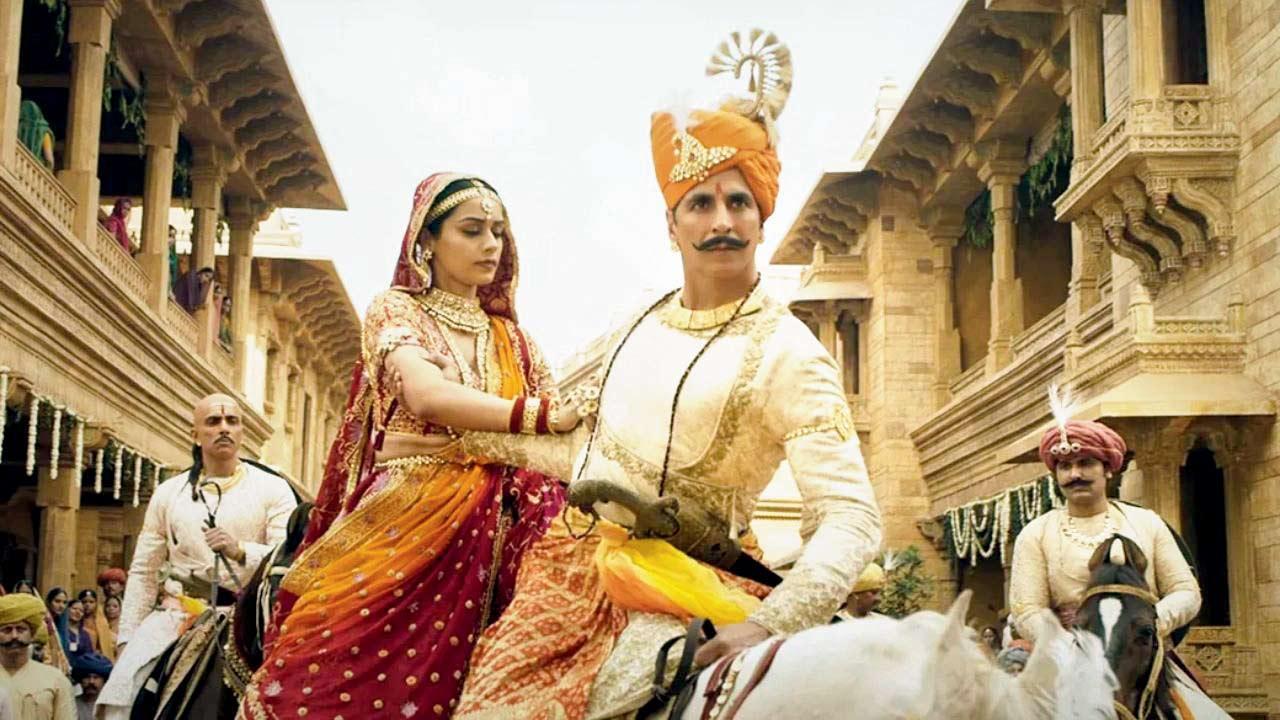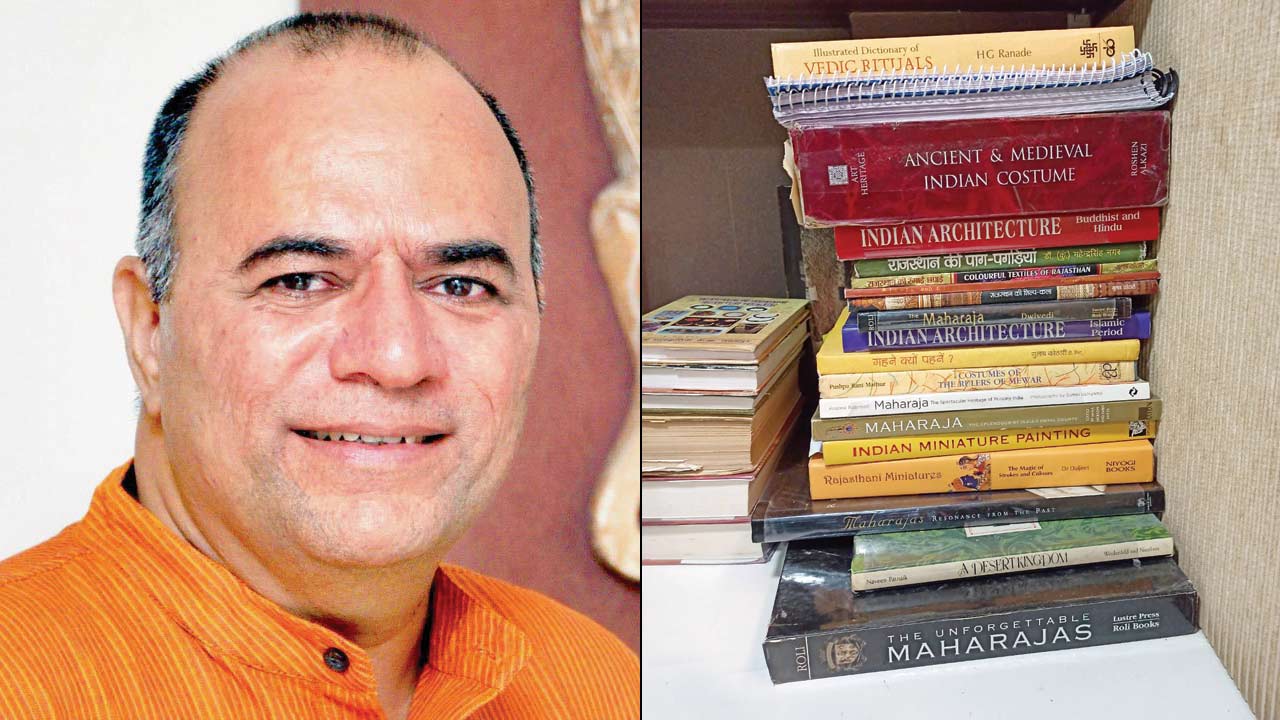Prithviraj is my dream project. I have lived with this story for 18 years-Dr Chandraprakash Dwivedi
8:22 AM
Posted by Fenil Seta

From reading up on 12th century costumes to spending months on final research, director traces Prithviraj’s journey from paper to screen
Mohar Basu (MID-DAY; May 2, 2022)
From Chanakya (1991) to Mrityunjay (1996), Dr Chandraprakash Dwivedi has a knack for delving deep into ancient Indian history to pay homage to its myriad heroes. His next, Prithviraj, which sees Akshay Kumar as the leader of the Chahamana dynasty, promises to be no different. The director says that bringing the story of the 12th century warrior king to the big screen has been his long-cherished dream.
“Prithviraj is my dream project. I have lived with this story for 18 years. It’s a script that I have nurtured for a long time because of the extensive research work that it [demanded] before I even attempted to make a film. To be precise, the film’s final research took about six months for me to be fully satisfied that every fact was checked multiple times,” he states.
Authenticity is key to any historical drama. Dwivedi spent years on the research, reading countless books that would help him gain knowledge of the costumes, language and architecture prevalent at the time. From Roshen Alkazi’s Ancient and Medieval Indian Costume, to Pushpa Mathur’s Costumes of the Rulers of Mewar, to Naveen Patnaik’s A Desert Kingdom, Dwivedi devoured the books before he began building the film’s universe.
The story is reportedly based on an epic titled Prithviraj Raso, written by the poet, Chand Bardai. The director elaborates, “I read many books on his life to ensure that we are doing justice to Samrat Prithviraj Chauhan in our film. Today, I’m deeply satisfied as a writer and filmmaker that I took this time before I could realise my dream. I hope our film is a fitting tribute to Prithviraj’s valour and magnanimous way of life.”
The historical drama also stars Sanjay Dutt, Sonu Sood and marks the Bollywood debut of former Miss World Manushi Chhillar.

(From left) Dr Chandraprakash Dwivedi (right) the books he referred to for his research
This entry was posted on October 4, 2009 at 12:14 pm, and is filed under
Bollywood News,
Chandraprakash Dwivedi,
Prithviraj
. Follow any responses to this post through RSS. You can leave a response, or trackback from your own site.
Subscribe to:
Post Comments (Atom)
Post a Comment